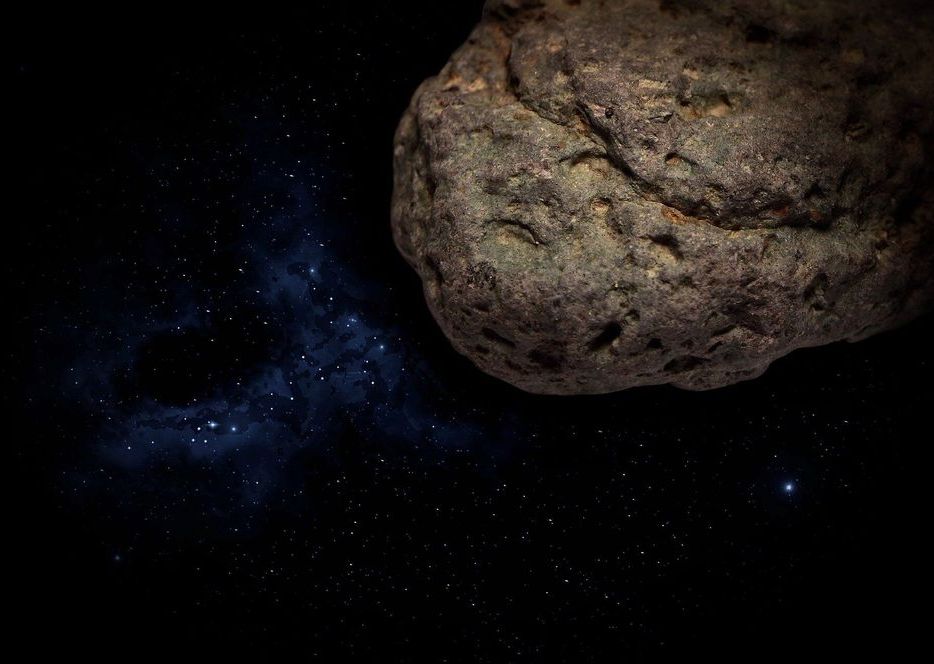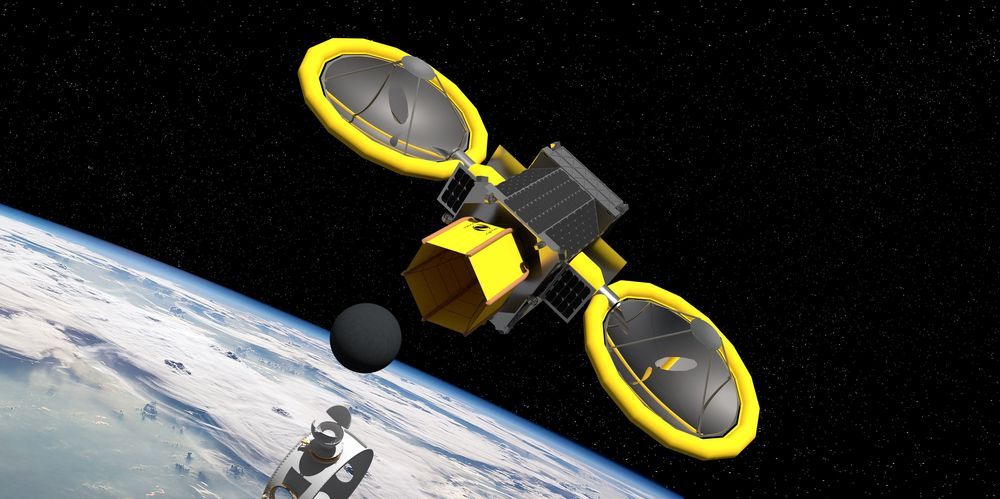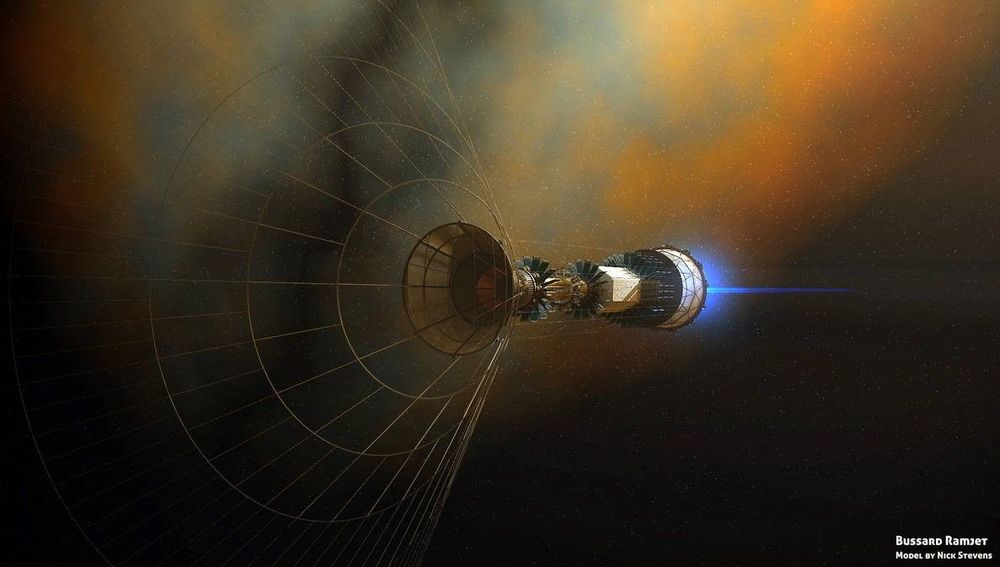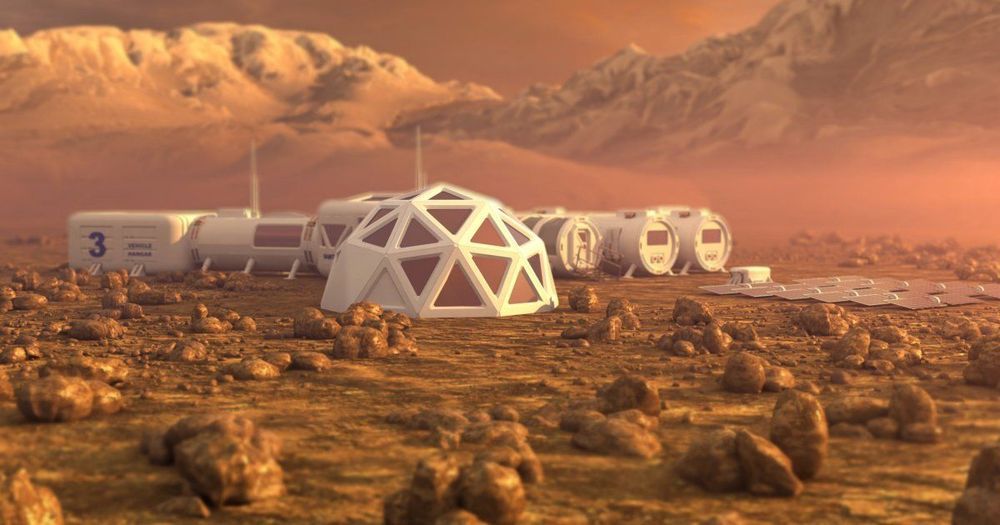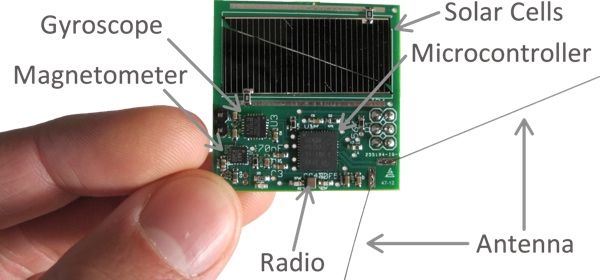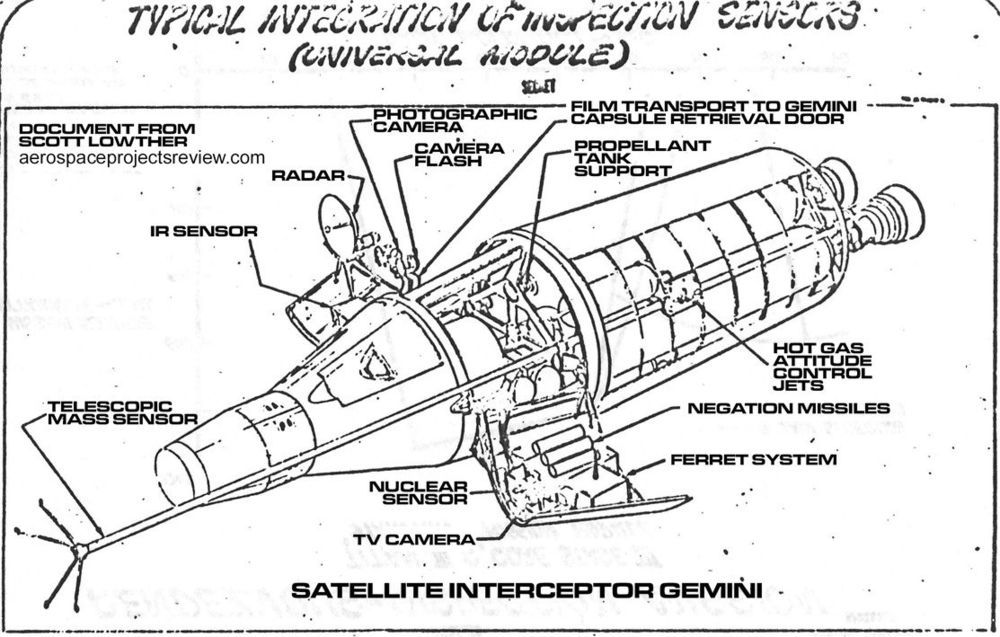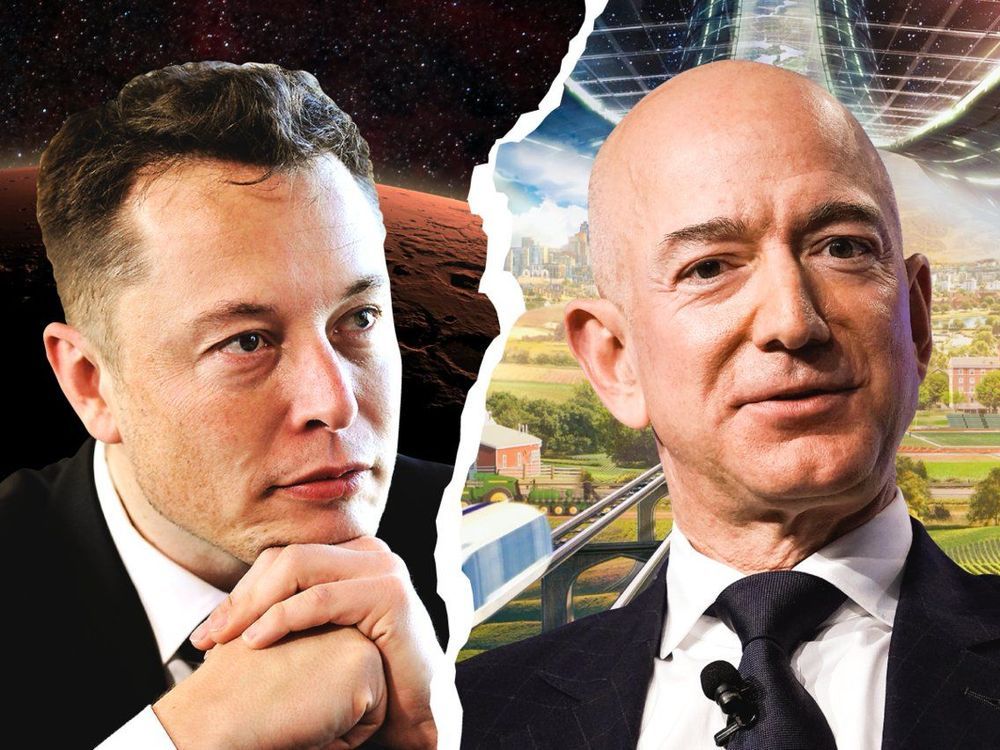Work by a team of University of Adelaide scientists to perfect metal and mineral extraction processes is bringing the possibility of mining the wealth contained within asteroids closer to reality. But science fiction won’t become fact until asteroid mining becomes economically as well as technically viable.
“Asteroids such as Bennu are closer to us than Adelaide is to Alice Springs, about 1000 kilometres away in Earth’s near orbit,” says Professor Volker Hessel, Deputy Dean-Research from the University of Adelaide’s Faculty of Engineering, Computer & Mathematical Sciences (ECMS) and Professor in the School of Chemical Engineering.
“Advances in space exploration mean that these bodies which contain nickel, cobalt, and platinum as well as water and organic matter, are now within reach.”
